Die Fugger 2
DOS game, 1996
- Genre:
- Simulation
- Year:
- 1996
- Developer:
- Sunflowers Interactive Entertainment Software
- Publisher:
- Sunflowers Interactive Entertainment Software
- Perspective:
- 1st-person
- Theme:
- Managerial
- Releases:
- DOS (1996)
- Also known as:
- Die Fugger II
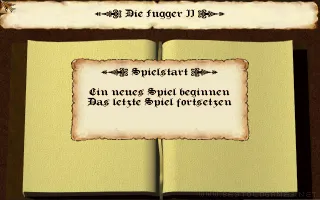
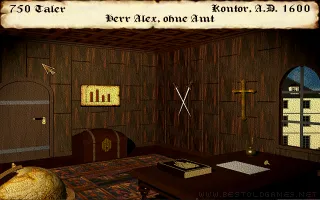
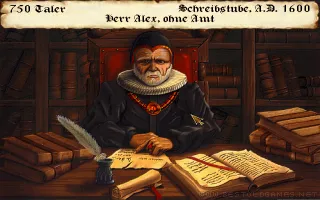
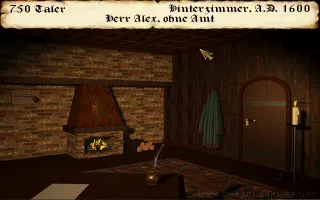
In Die Fugger II, players take on the role of a merchant in Europe, striving to amass wealth and influence through savvy trade, production, and financial management. Set in a period marked by the rise of early modern capitalism, the game offers a detailed simulation of the economic dynamics of the time. …read more
Game review
In Die Fugger II, players take on the role of a merchant in Europe, striving to amass wealth and influence through savvy trade, production, and financial management. Set in a period marked by the rise of early modern capitalism, the game offers a detailed simulation of the economic dynamics of the time.
Players start with a modest business and must build their empire by trading goods across various European cities. Each city in the game has its own economic characteristics and demand patterns for different commodities like cloth, spices, metals, and others. Players must carefully plan their trade routes, considering factors like distance, market demand, and potential profit margins.
Beyond trading, players can invest in production facilities, like farms and workshops, to produce goods for sale. Managing these assets requires attention to detail, as players must balance the cost of raw materials, labor, and transportation to maximize their profitability. Die Fugger II also includes elements of political strategy. Players can engage in various political activities, such as negotiating with city authorities or participating in elections. Success in these endeavors can lead to privileges and advantages, such as trade monopolies or tax exemptions, further bolstering the player's economic power.
The game's interface is predominantly menu-based, presenting various economic data and management options in a detailed and organized manner. While the graphics are relatively basic, adhering to the standards of mid-90s DOS games, they effectively convey the historical setting and various aspects of the game's complex economic system.
The game's economic model, cityscapes, and overall ambiance reflect the Renaissance period's complexities, offering not just a strategic challenge but also an educational experience.
Find out more at:
Comments
There are no comments yet. Be the first to comment!
Discuss this game in our forum.
User reviews
There are no reviews yet, be the first to review this game!






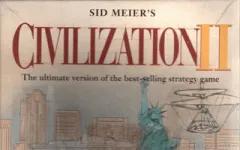
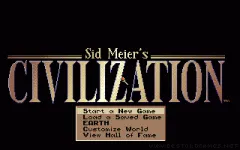

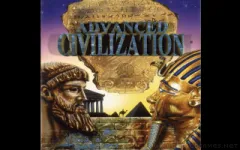

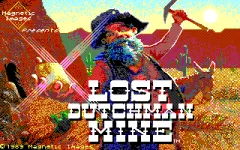
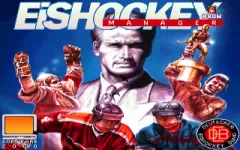
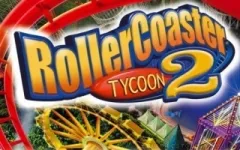
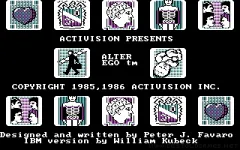


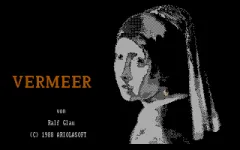
 Buy me a coffee
Buy me a coffee